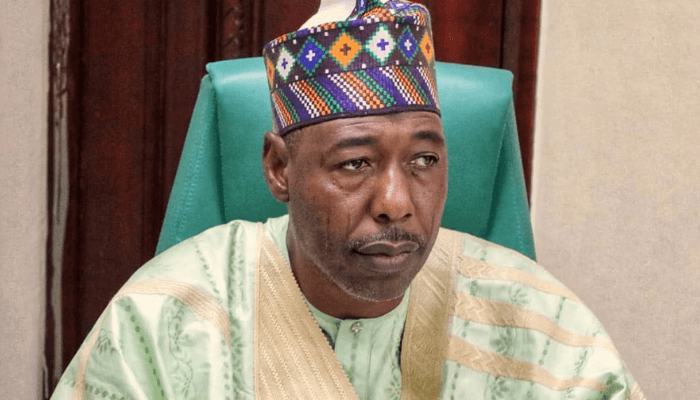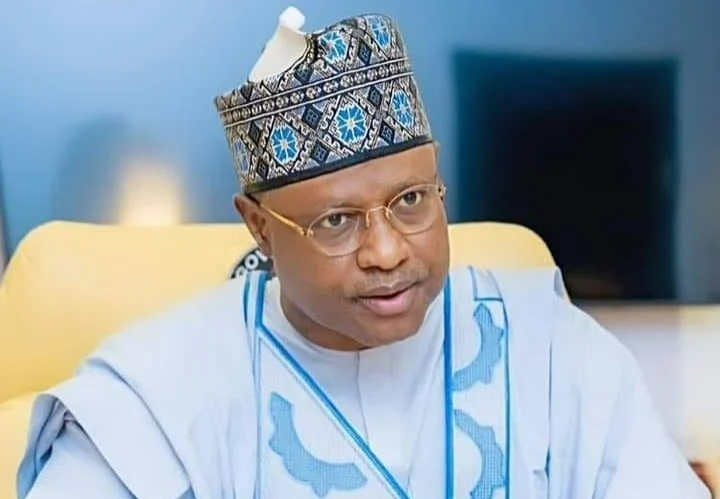African oil-producing countries are on the brink of deciding the fate of the continent’s first energy bank, initially backed with $5 billion. However, opposition against Nigeria’s bid to host the institution has intensified, with six countries—Ghana, Egypt, South Africa, Benin Republic, Cote d’Ivoire, and Algeria—vehemently opposing the choice of Nigeria as the bank’s location.
These countries have been actively lobbying key decision-makers who will determine the headquarters of the energy bank. The competition among interested nations has intensified, with additional countries, including Angola, Cameroon, Republic of Congo, Democratic Republic of Congo, Equatorial Guinea, Libya, Niger Republic, and Senegal, set to make the crucial decision by the end of the month. Venezuela holds an honorary membership.
The proposed energy bank is anticipated to play a vital role in sustaining the oil and gas industry in Nigeria and other African oil-producing nations, especially as Western funding for fossil fuels diminishes. While the specific investment required for Nigeria’s vast reserves of 38 billion barrels of oil and 208 trillion cubic feet remains unclear, OPEC’s Secretary General, Haitham al-Ghais, estimates a global investment of $14 trillion by 2045 to meet rising energy demand.
The African Petroleum Producers Association, led by Nigeria’s Farouk Ibrahim, aims to reach a final decision on the bank’s location by the end of March. APPO has outlined specific conditions, including accessibility, amenities, signed agreements, a suitable proposed headquarters, and financial obligations for interested countries.
Despite Nigeria’s leadership in APPO, Ibrahim acknowledges limited influence in the process and emphasizes the need for Nigeria to actively demonstrate commitment and determination to secure the headquarters. Concessions made by Nigeria in the past are cited, with the Minister of State, Petroleum Resources, Senator Heineken Lokpobiri, urging other countries to reciprocate by conceding the bank’s location to Nigeria, considering its crucial role in overcoming financial barriers in the oil and gas industry.











